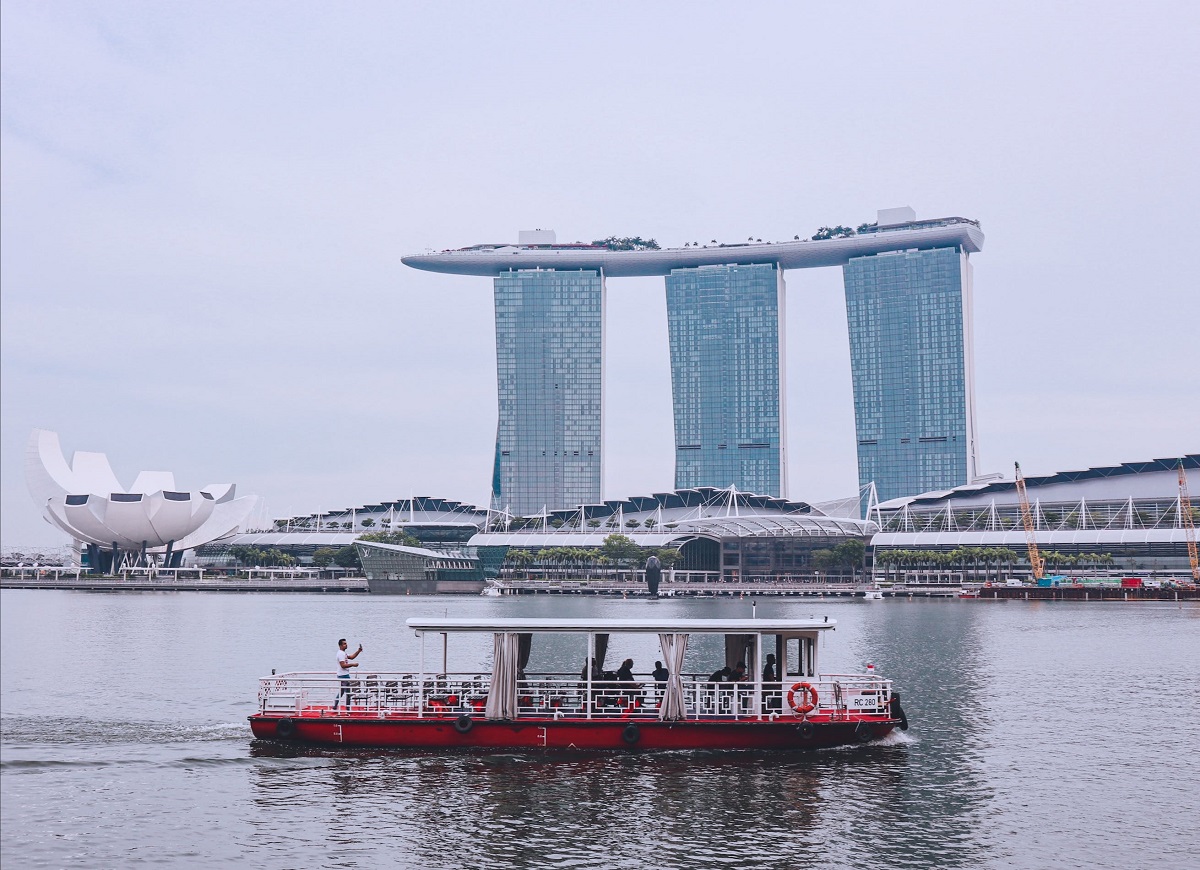

- Businesses can reduce pollution in Singapore by promoting electric vehicles, carpooling, and public transportation.
- Changing work policies like remote work and flexible timings can significantly reduce businesses’ carbon footprint.
- Encouraging employees to commute by walking or cycling and adopting eco-friendly driving practices can help lower pollution levels.
- Businesses can promote regular car maintenance and utilization of eco modes in vehicles to minimize carbon emissions.
- By implementing these initiatives, businesses can contribute to a more sustainable future for Singapore.
Pollution is one of the major concerns in Singapore, and the transportation industry contributes to it significantly. With the increasing number of vehicles on the road, pollution levels rise daily.
Businesses must understand their impact on the environment and take the necessary steps to reduce it. This blog post will guide you through how you can help the transportation industry reduce pollution in Singapore.

Promoting Electric Vehicles
Promoting the use of electric vehicles has become a hot topic in Singapore. Electric vehicles are eco-friendly and emit less greenhouse gases, making them an excellent option for businesses looking to reduce their carbon footprint. The government has also introduced several incentives to promote the use of electric vehicles, such as tax rebates and grants. By transitioning to electric vehicles, businesses can help reduce pollution levels significantly.
SMRT Initiative
Businesses should follow the example of Seah Moon Ming, who believes in the future of EVs as the future of mobility. The SMRT Corporation Ltd chairman invested in electric vehicle companies, showing his commitment to promoting sustainable transportation. He added that SMRT wants to build a sustainable and environmentally friendly transportation system in Singapore. Businesses can take inspiration from this initiative and contribute to the cause.
Carpooling
Encouraging employees to carpool is another way to reduce pollution levels. Carpooling reduces the number of cars on the road and helps reduce traffic congestion, which is a significant contributor to air pollution. By promoting carpooling, businesses can reduce their carbon footprint and save their employees time and money.
Benefits of Carpooling
Carpooling’s secondary benefits extend beyond the environmental impact. Implementing such initiatives in the workplace can also foster a sense of community and strengthen interpersonal relationships among employees. This shared travel time offers an opportunity for team building and networking outside of the traditional office environment.
Cost Savings
Additionally, carpooling can lead to considerable cost savings by dividing travel expenses such as fuel and parking fees among the carpool participants. For businesses, promoting carpooling can manifest their commitment to corporate social responsibility, potentially enhancing their public image and standing in the community.
Public Transport
Encouraging employees to use public transport is another great initiative businesses can take to reduce pollution levels. Public transportation is an eco-friendly option that helps reduce pollution levels by reducing the number of cars on the road. Moreover, many bus services now run on hybrid engines, making them a more eco-friendly option.
Reduce Traffic Congestion
Businesses can help reduce their carbon footprint and improve the environment by promoting public transport. Additionally, encouraging the use of public transport can also reduce traffic congestion, making it a win-win situation for businesses and employees.
Incentives
Businesses can incentivize employees who choose to use public transportation, such as subsidized or free bus or train passes. This not only encourages employees to use public transport but also serves as a cost-saving measure for
Changing Work Policies
Businesses can also reduce pollution levels by changing their work policies. For instance, allowing employees to work from home at least a few days a week can reduce the need for employees to commute to work. This initiative can help businesses reduce their carbon footprint significantly.
Flexible Timings
Implementing flexible work timings is another policy change that can significantly reduce pollution. If employees can start and end their workdays at different times, it can help avoid peak travel hours, reducing the traffic load and, subsequently, vehicle emissions. Flexibility in work timing can also improve work-life balance and employee job satisfaction.
Encouraging Cycling and Walking

Furthermore, organizations can promote cycling or walking as a mode of commuting, especially for employees who live nearby. To make this a viable option, businesses can invest in facilities like secure bicycle parking and shower facilities at the workplace.
Eco-Friendly Driving Practices
Encouraging employees to adopt eco-friendly driving practices can also help reduce pollution levels. This can include practices such as driving at a constant speed, reducing the use of air conditioners, and avoiding idling when waiting for long periods. By promoting such practices, businesses can help their employees reduce their overall carbon footprint while saving money on fuel consumption.
Regular Car Maintenance
Regular car maintenance is another eco-friendly driving practice that businesses can promote. Keeping vehicles well-maintained ensures they operate at their most efficient and contribute minimally to pollution. This includes timely servicing, keeping tires properly inflated for optimal fuel economy, and ensuring the vehicle’s emission system functions correctly.
Utilizing Eco Modes
Many modern vehicles come with eco modes that modify the car’s functions to maximize efficiency and minimize fuel consumption. Encouraging employees to utilize these modes can significantly reduce their vehicle’s carbon emissions.
In conclusion, businesses in Singapore have a critical role in reducing pollution levels. Adopting eco-friendly initiatives such as promoting electric vehicles, carpooling, using public transportation, changing work policies, and eco-friendly driving practices can significantly reduce pollution levels. Not only will these initiatives help improve the air quality in Singapore, but they will also help businesses contribute to a more sustainable future. So, if you’re a business owner, take the initiative today and help reduce pollution levels in Singapore!